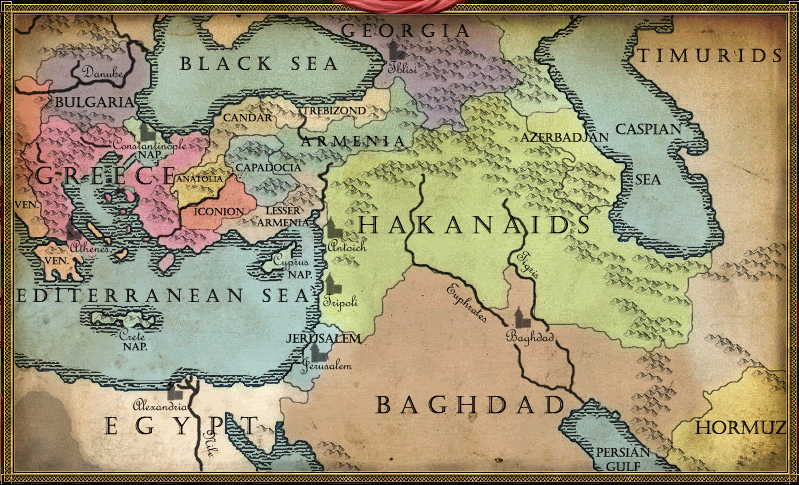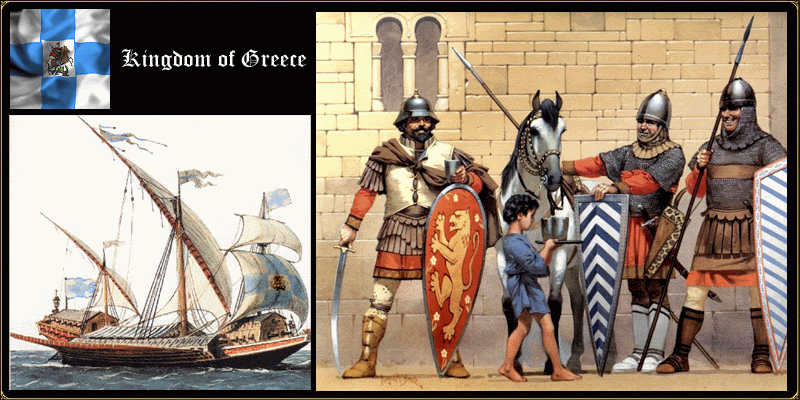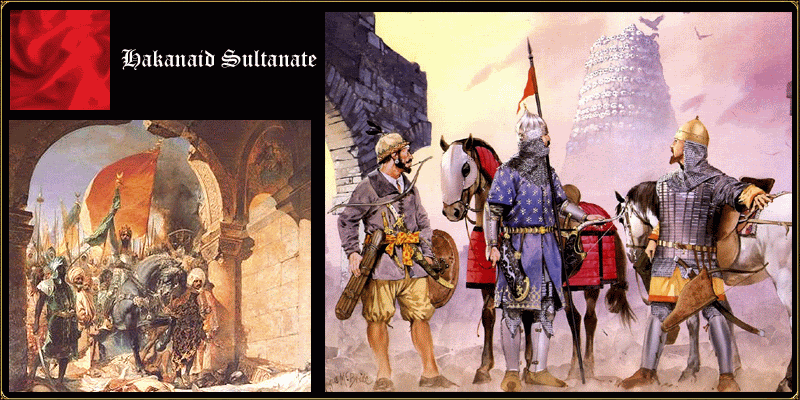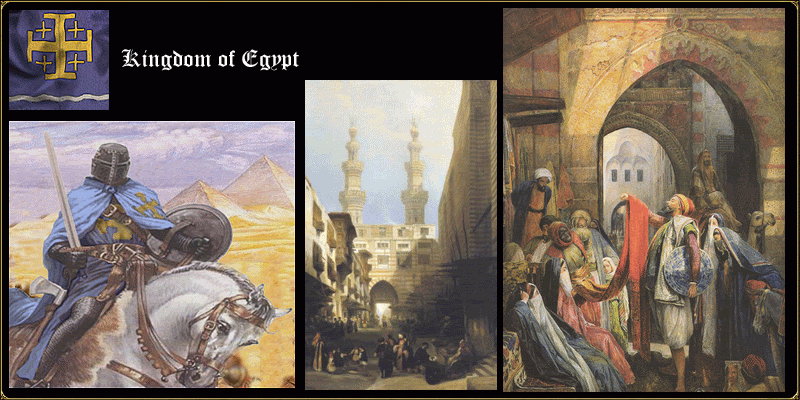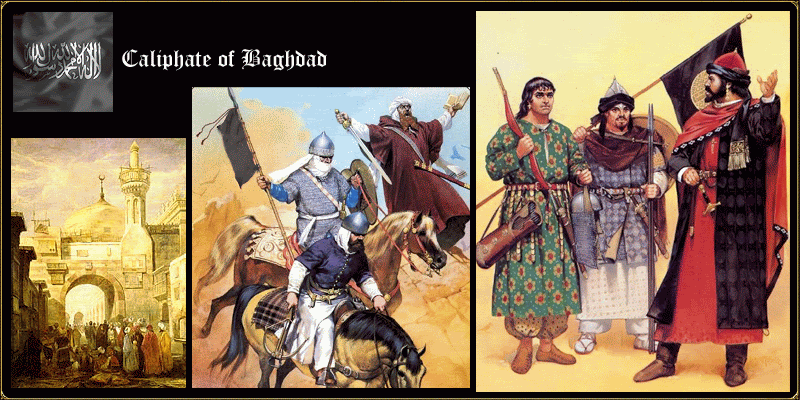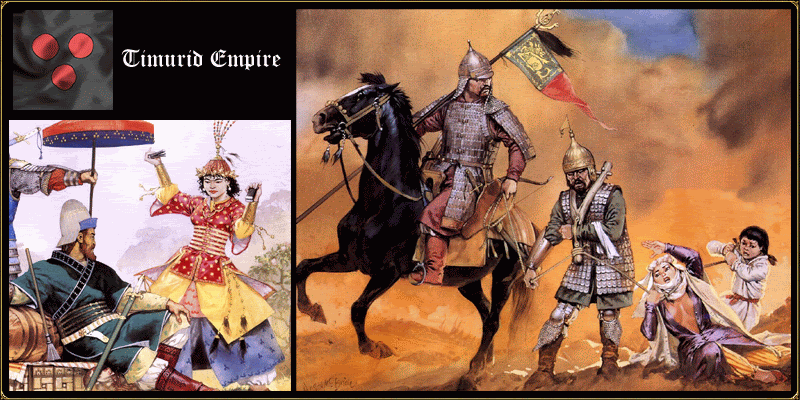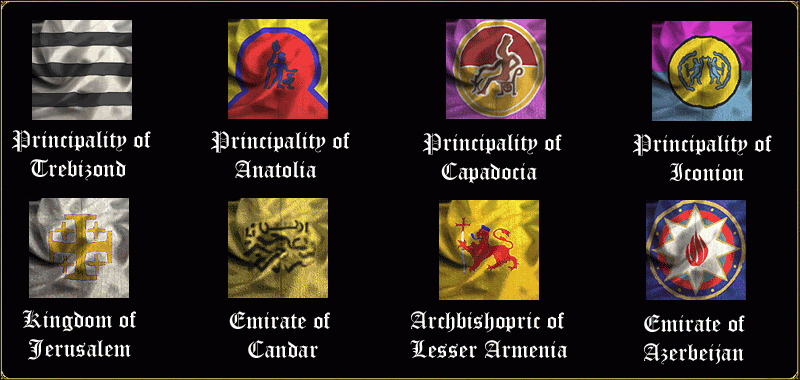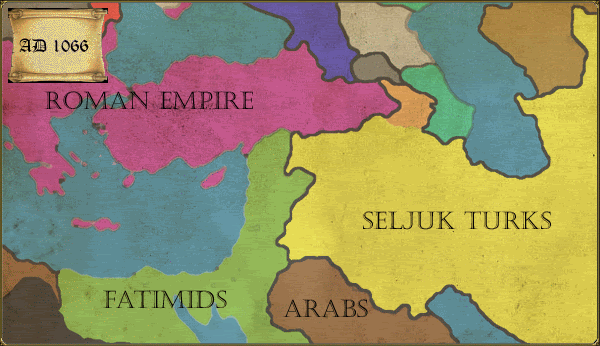Ufff - last part of the regional European overview. I`m aware that my grammar still sucks, but I hope that there isn`t many 'All your base are belong to us' kind of sentences

. I`ll throw some maps regarding religions and economy in next update, and then I`ll proceed to the actual playing (at last).
Elecwaves - Cheers
 frigidmagi
frigidmagi - Thank you for compliment - it`s always great to find that new readers are dropping by.
 M4 Emperior
M4 Emperior - Right after next update
 gigau
gigau - Welcome sir. Cool to have such talented modder as a reader.
 Emperor_krk
Emperor_krk - Well, I`ll have to remember that promising an update on specific date is a bad idea

. Thanks, and Happy New Year for you too.
Legolas - Thank you sir.

Oh and one more thing - I, of course, 'modded' some events into game. For example there was no conversion of Egypt into Coptic faith (I did it manually, as historically there was many of them at the time of crusade). There also was no event of restoring Caliphate - I just thought that so huge Al-Hassa with Baghdad and Crusaders next door could do that.

Same goes to Greek minors - I just changed their names from those Tekes, Karamans etc., as well as coa`s.





